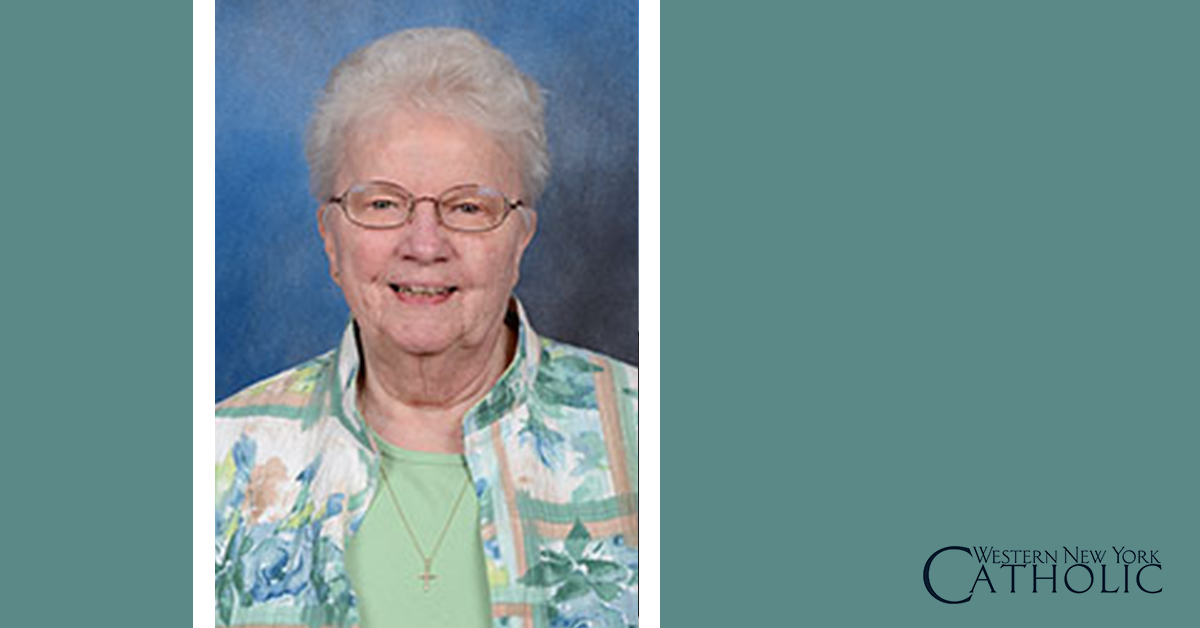Did Jesus have a model? A hero?
by Sr. Marion Moeser
Two of the Sunday Gospel readings this December are about John the Baptist from Matthew's Gospel. Who was John and what do we know of John and his interactions with Jesus?
Outside of the New Testament, Josephus, a Jewish historian (36/37-100 AD), is an important source. He wrote for the Romans to justify the Jewish people and their religion. Among his writings, in the Antiquities of the Jews, he recounts that many Jews attributed the defeat of Herod Agrippa by the Nabateans in 37 AD as a punishment for Herod's execution of John the Baptist. Josephus describes John as a good man who "urged the Jews to practice virtue and justice toward one another and piety toward God, doing so to come together in baptism." Josephus reports that because John was a powerful speaker and drew large crowds, Herod was suspicious of him and decided to execute him before a revolt occurred. (The accusation by John that Herod was in an unlawful marriage with Herodias comes from gospel accounts.)
In the New Testament, passages on John are present in all four gospels and the Acts of the Apostles. In this short reflection it is not possible to comment on all these passages; this writing is restricted to the two Advent gospel readings from Matthew. In the first, 3:1-12, we read that John was preaching in the area around the Jordan river, stressing that God would intervene very soon to establish God's rule (kingdom of God, of heaven). In preparation for this coming event men and women should place themselves in right - relationship to God and demonstrate this inner righteousness by their actions. John offered a water baptism for those who pledged to live such righteousness. (No mention of forgiveness of sin is found here.) John's garb and food recalled the prophets before him. He confronted the hypocrisy of some Pharisees and Sadducees and stressed bearing "good fruit." John taught that one was coming after him who was "stronger;" this one would baptize with "the Holy Spirit and fire" and act as a judge. John's garb and message reminded the Jews of the prediction that the prophet Elijah would return and prepare for the Messiah (Malachi 3:1, 4:5). The remainder of Matthew chapter 3, not in the Sunday reading, tells us that Jesus came to John and was baptized "to fulfill all righteousness." It is possible that early on Jesus was a follower of John and saw him as a model.
The second Advent reading from Matthew, 11:2-11, records John, now in prison, sending his disciples to ask if Jesus was the promised one. Perhaps this is because Jesus' ministry went beyond what John expected of a fearsome judge and included exorcisms, healings, nature miracles and raising the dead. Jesus sends a message back citing Isaiah's words about the coming Messiah; words which describe what Jesus is doing. Then Jesus addressed the crowds praising John saying "there is no one born of women greater than John the Baptist." John is a prophet and is in prison. Jesus knows the fate of many of the prophets of old. The following verses in chapter 11, speak of such violence. Thus, Jesus' words clearly present John as a hero.
Why this Advent emphasis on John? Is it only John's prediction of the coming one? Or is it that John's message is meant for us also? In the hustle and bustle of preparing for Christmas, ought we also prepare for the "promised one" by examining if we are in right relationship with God and if we demonstrate this inner righteousness by our actions?




